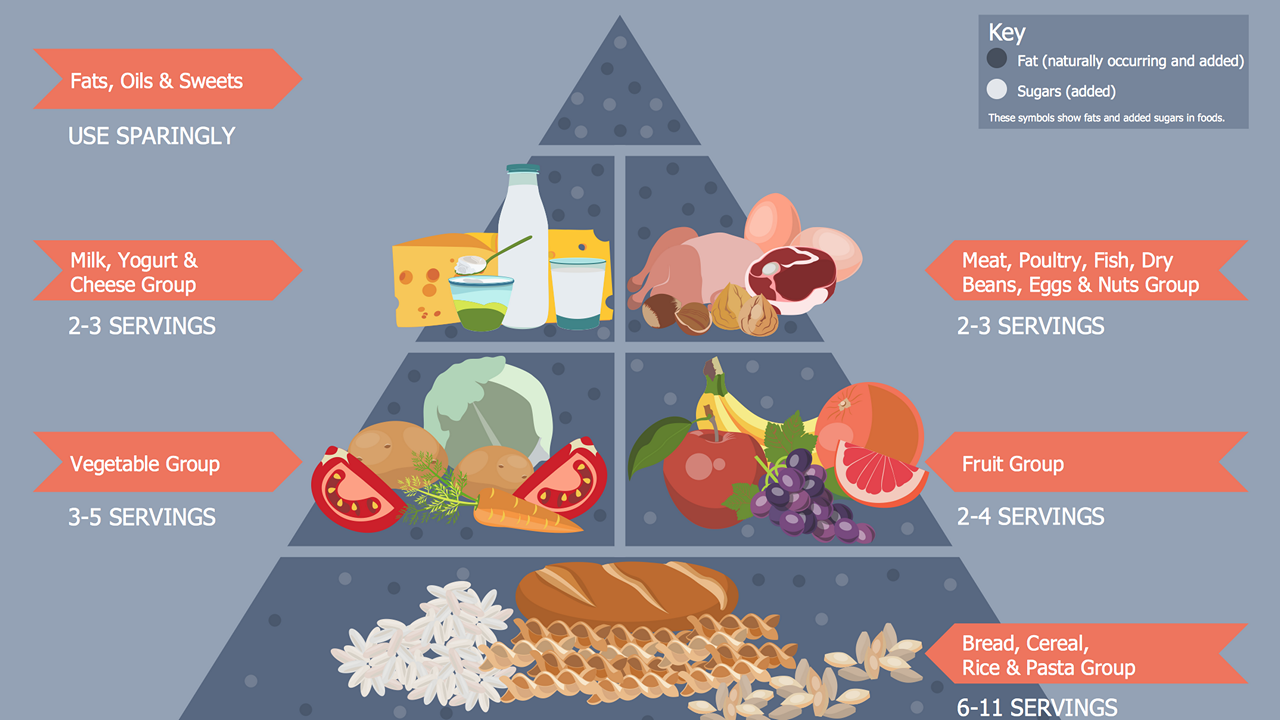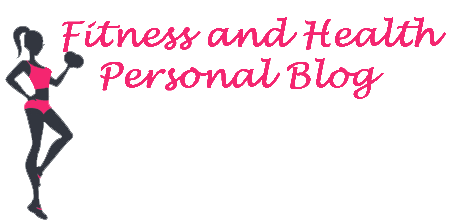Dietary Supplements and Vitamins: Do They Really Work?
This topic is hotly debated because recommendations are everywhere – on ads, commercials, social media marketers, neighbors, and doctors. With all the nonsense projected, there are facts you should not ignore. This matter is pressing as it addresses your health. Health is wealth. Keep that in mind as we discuss if dietary supplements and vitamins are effective or not. Therefore, it is crucial to understand whether they’ll benefit or harm your health. For more information and supplement products, visit Glimja, a market leader with the best products in the industry.
Here are a few things you will need to know:
The many forms of supplements

Supplements come in either powder, liquid, gel caps, soft gels, or pill form. The goal remains the same: to supplement your diet with enough nutrients. They contain a minimum of one dietary ingredient, such as vitamins, minerals, amino acids, herbs, and enzymes.
One of the most popular is a multivitamin that can prevent overdosing or intake of too many pills. However, multivitamin doesn’t increase lifespan, or make you smarter, or lower the chances of getting cancer.
Apart from a multivitamin, other “natural” supplements are familiar they include:
- Green tea
- Fish oil/Omega 3/DHA
- Probiotics/ Prebiotics
- Glucosamine
- Coenzyme
- Echinacea
- Cranberry
- Ginseng
- Ginkgo Biloba
- Calcium
- Vitamin D
- St John’s wort
Some supplements work, others do not

There are reasons people are interested in supplements: some of them work. However, we cannot jump to conclusions in say that supplements replace a balanced diet.
Despite the claim that some supplements will work, keep in mind: the amount of research done on supplements is not scientifically clear. This means that evidence and studies may differ because products are from different stores.
Here are some supplements that will boost your health:
- Calcium, which promotes bone health
- Folic acid decreases the risk of certain birth defects
- Omega-3 might help some people with heart disease
- Melatonin responsible for reducing jet lag
A balanced diet is a solution

For example, if you want to lose weight intentionally, you can reduce your calorie intake and increase the amount of physical exercise. It is that easy. Pick a few physical regimens and implement the following foods in your diet:
- Coffee, but not more than 3 cups a day
- Bananas
- Apples
- Blueberries
- Grapes
- Dark chocolate and protein bar
- Quinoa
- Carrots
- Peanuts and mixed nuts
- Pears
- Brown rice
- Avocados
- Cheese
Supplements are meant to enhance the ingredients already provided by eating a well-rounded diet. If you’re an adult, there is a possibility that fitness and dieting are hard work. With the mix of responsibilities, children, and work, your schedules seem impossible to maneuver. However, you should push yourself to be intentional on a balanced diet.
Talk to your doctor
If you have any children, planning to be pregnant, or about to be involved in surgery, you should talk to your healthcare provider. The first step is to discuss the effects of each supplement on your individual situation, immediate surrounding, and physical health.
Some of the tips given by doctors include:
- Do not overuse supplements
- Stick to the prescribed doses
- Do not take many different supplements
- Alert your health care provider if you are having a bad reaction
- Follow instructions on the label.



